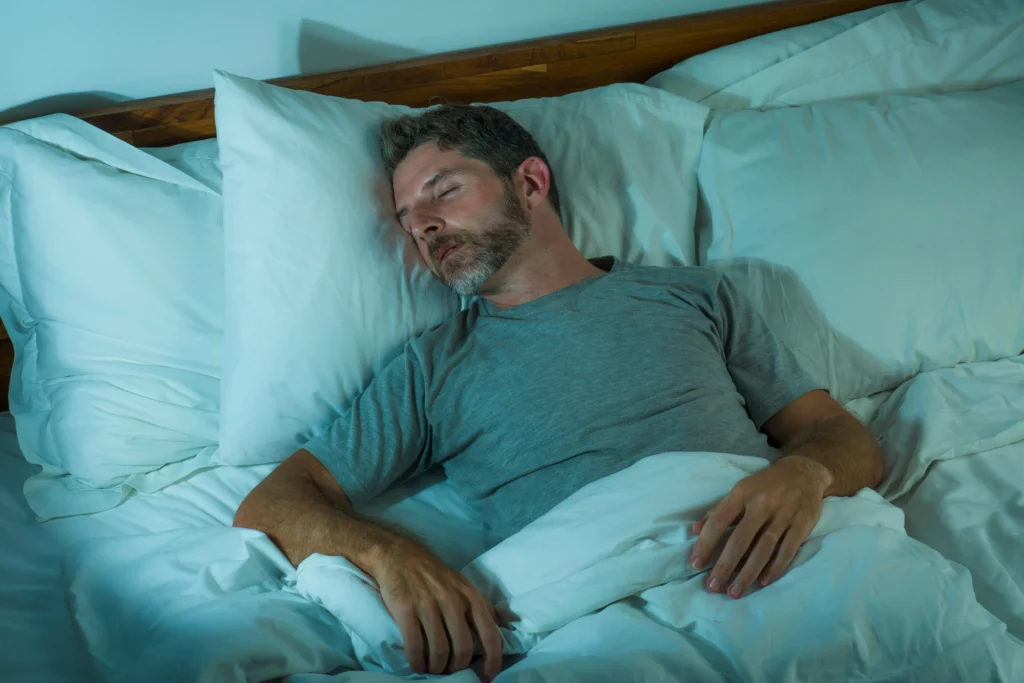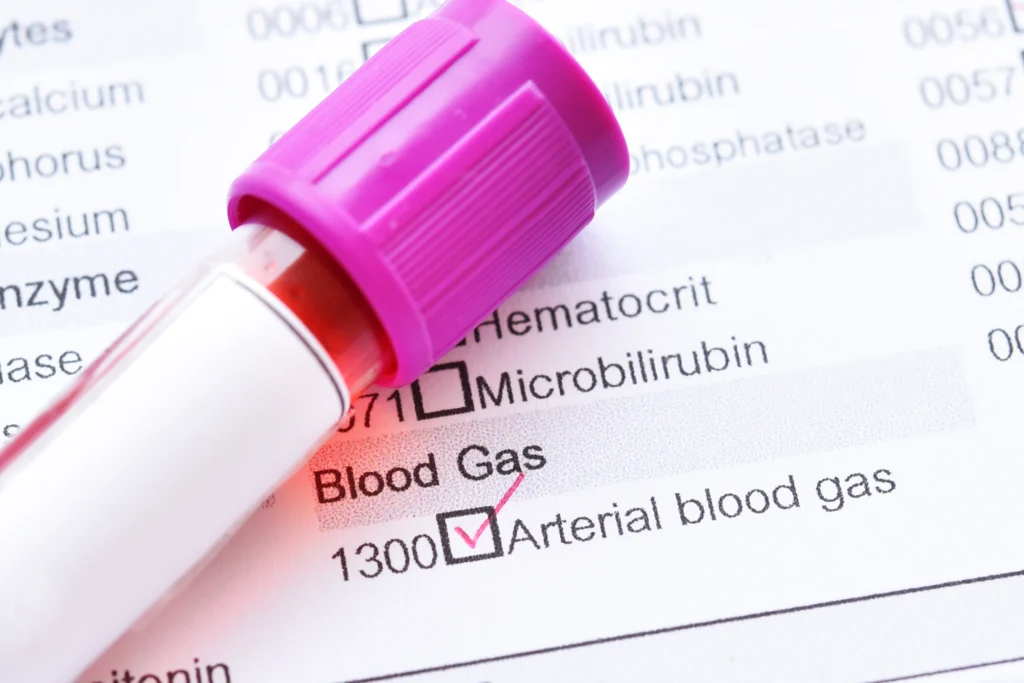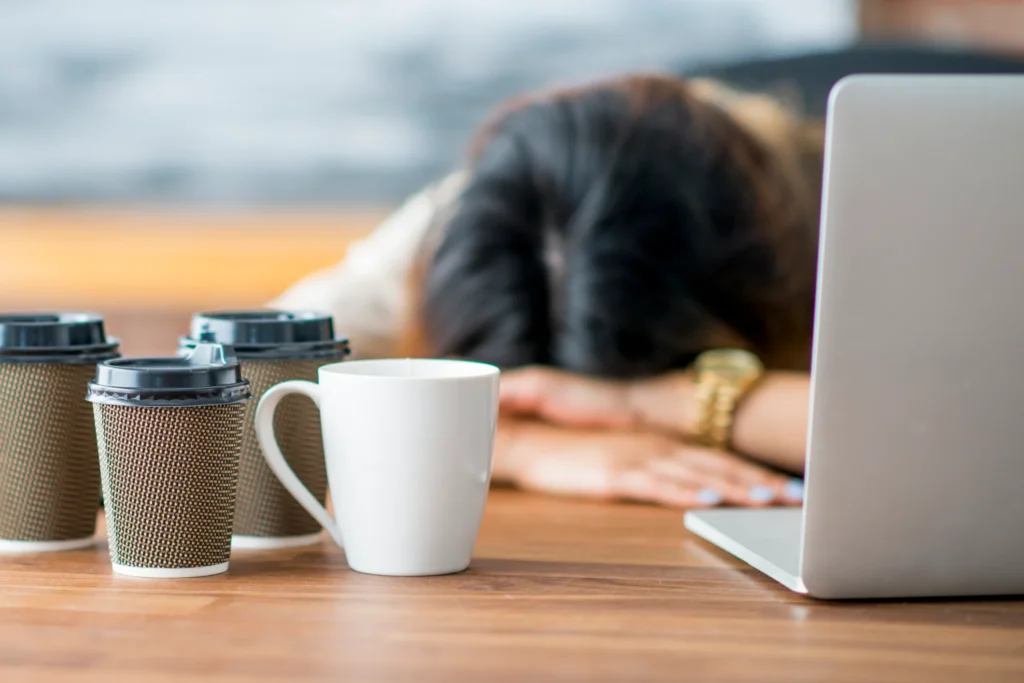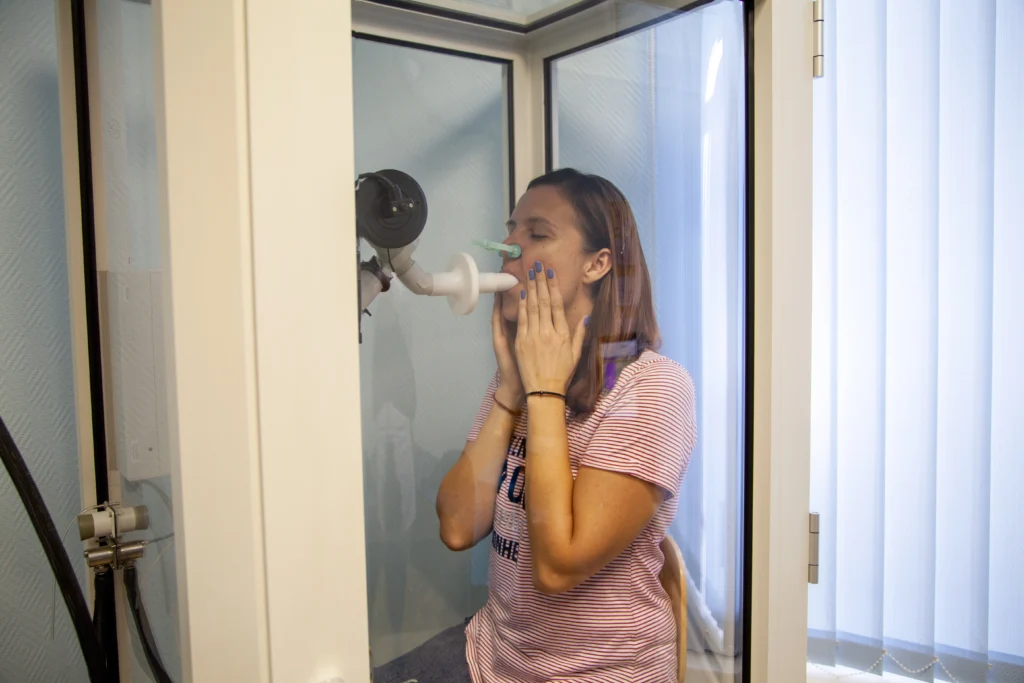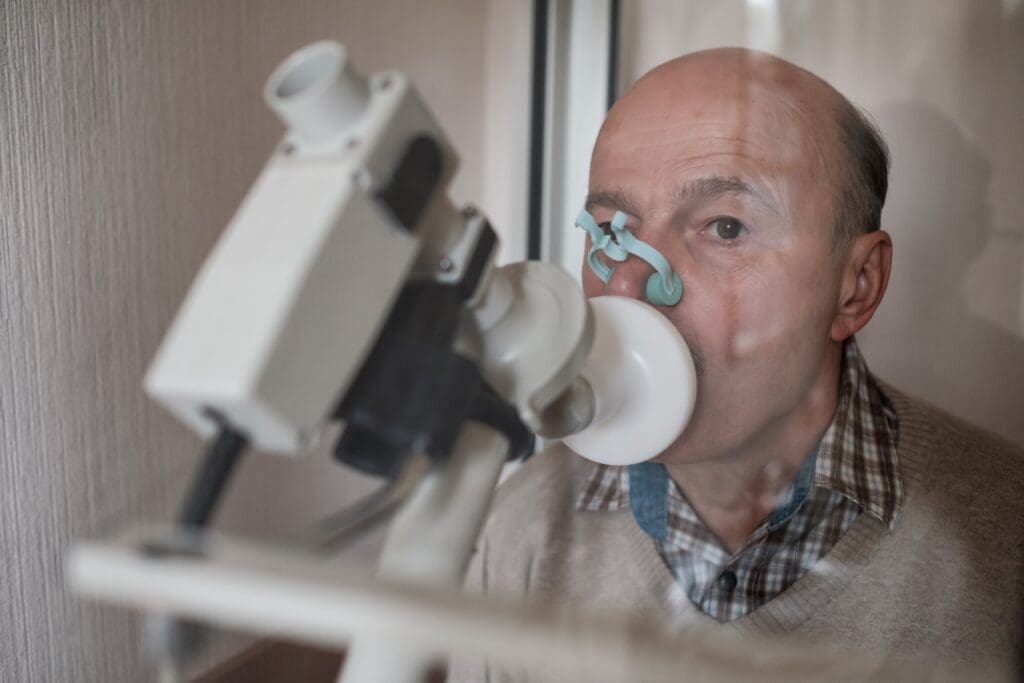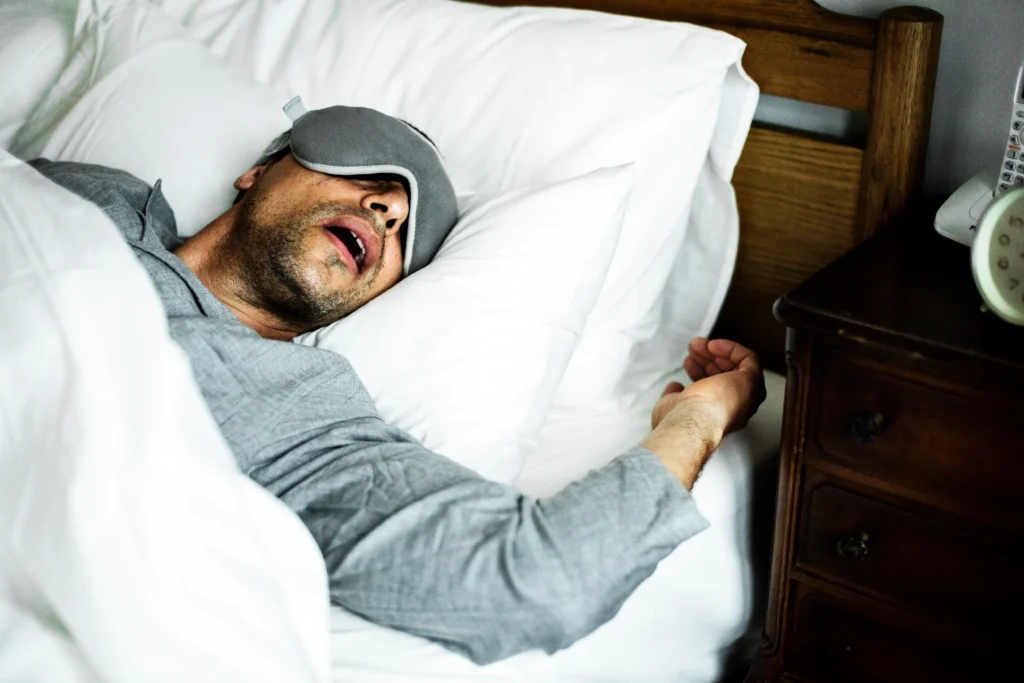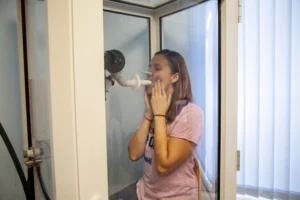It’s 2 a.m. You’re wide awake again, counting the precious hours and minutes of sleep time left before the day begins. Sound familiar?
If a good night’s sleep eludes you, you’re not alone. One in two adults report trouble getting consistent, restful sleep.
The good news is that in many cases, a sleep hygiene program created for you by a trained professional can increase the likelihood that you’ll fall and stay asleep.
Don’t worry; sleep hygiene is not about cleanliness (although bathing before bed could be recommended as part of your sleep hygiene program). In fact, ‘sleep hygiene’ refers to behaviours and lifestyle choices that promote consistent, restful sleep. Each person’s sleep hygiene program should be tailored to meet their individual needs and circumstances.
Sleep hygiene is often the first thing many health professionals look at when patients report trouble sleeping. The habits we adopt on a daily basis are big determiners of overall health and wellness, and sleep is no exception.
Many of these ‘sleep hacks’ are also backed by the latest sleep research. Here are some common sleep hygiene tips from the American Sleep Association:
Create a sleep sanctuary
Reserve your bed for sleep (and intimacy). By doing so, you’re more likely to feel relaxed once your head hits the pillow, because you will start to associate your bed with sleep.
After all, who hasn’t used their bed as a quiet reading room, a retreat to watch TV or stream or catch up on social media, or a place to have a snack? It seems like a good idea at the time, but you’re often left with crumbs in the blanket and untucked sheets.
Ready to reclaim your sleep sanctuary? Here are a few recommendations to get started:
- Get a comfortable mattress.
- Ambiance is everything – Keep the room as dark as possible and consider an oil diffuser or white noise.
- Crack a window or set the thermostat (hint: cool, fresh air is considered conducive to sleep).
- If your pet keeps you awake, consider having them sleep in another room.
Have a set bedtime routine
When it comes to getting a good night’s sleep, young children and grown-ups actually have a lot in common. A regular bedtime routine benefits humans of all ages.
Bedtime routines vary, but here are three suggestions:
- A bath
- Quiet time
- Relaxing sounds such as ASMR (Autonomous Sensory Meridian Response) or binaural beats are good go-tos. ‘ASMR’ refers to the sensations, usually triggered by recorded sounds, that run from the top of the head/neck and down the spine. This type of sound is known to help some patients fall asleep
Also, try going to bed and waking up at the same time every day (+/- 20 minutes). Yes, weekends included. Building a personalized, predictable sleep schedule helps our body expect sleep at certain times.
Limit screen time before bed
Whether you’re 4 or 54, limiting screen time will help your body – and mind – get ready for sleep.
We’ve known for a long time that blue light from screens interferes with circadian rhythms, or the body’s natural sleep cycles. Yet, many of us spend hours watching Netflix or staring at our phone in a dark room every day.
The blue light from your screen signals to your body to suppress melatonin, which is the hormone used to regulate the wake/sleep cycle. Some devices have a night mode to limit blue light. Other tools such as blue light blocking glasses exist.
Better yet: try turning off devices at least an hour before bedtime.
Avoid substances that can keep you awake
Avoiding things that wind you up before bed may seem like common sense, but it’s easy to rationalize that late afternoon latte or that extra beer before bed. However, these substances can remain in our system for several hours after consumption, and can wreak havoc on sleep. Even some over-the-counter medications can fall into this category.
Consider cutting out or reducing substances that prevent or interrupt sleep:
- Caffeine
- Alcohol
- Nicotine
- Refined sugar
Skip the gym?
Exercise is a great way to get the body fatigued enough to fall asleep at night. However,
intense exercise releases endorphins, which improve mood and sense of well-being, but can make it tough to drift off to sleep.
That’s why the American Sleep Association recommends avoiding exercise after 2 p.m.
Skip the nap
Sure, that sofa may seem inviting after your afternoon Zoom call with the team, but those extra daytime ZZZs make it more difficult to drift off to sleep at bedtime.
In order to feel tired and relaxed enough to sleep at night, humans need what sleep scientists call sleep debt. Think of it this way: if you need a certain amount of sleep in 24 hours to feel optimal, a sleep debt is, well, not enough sleep. Naps decrease your sleep debt, making it more difficult to fall asleep when it’s time for bed.
Interesting fact: sleep researchers are still divided over whether sleep debt can actually be measured.
I still can’t sleep. What next?
If you’re having trouble getting a restful sleep at night, some of the American Sleep Association’s sleep hygiene recommendations are a great place to start. However, if your trouble sleeping persists, consider speaking about your concerns with your family doctor, who can help create a sleep hygiene program that’s tailored to you.
If your doctor thinks more may be at play, they might recommend that you get further testing in a sleep lab, which supports diagnosis and treatment of sleep problems and disorders.
If you’re having trouble sleeping, visit your family doctor to discuss your symptoms and learn if a sleep test is right for you.

